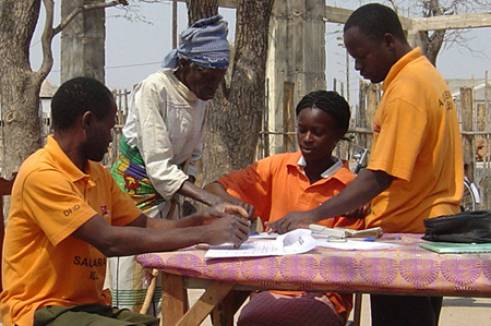By Rhiannon Buck
A new paper by The World Economic Forum advocates “a new social contract based on a new economic model, which places equal emphasis on growth, employment and social protection”.

The Case for an Integrated Model of Growth, Employment and Social Protection is described as a “call to action” to deal with current economic challenges and the global jobs crisis.
With real incomes falling in every region of the world – and in particular in low-income countries – the paper notes that growth, employment and social protection are both interdependent and mutually reinforcing. It also identifies population ageing as a key long-term challenge.
Five key principles
The paper recommends that policy-makers act in keeping with five principles to achieve growth, employment and social protection:
- Growth stimulus – through the expansion of fiscal space of the slowing of deficit reduction.
- Job creation and retention.
- Social protection as a tool for stimulus and growth.
- Social protection to reduce poverty and create the conditions for development.
- Engagement with civil society, businesses, trade unions and NGOs.
Why social protection matters
While many governments are asking themselves if they can afford social protection, this paper acknowledges that adequate social protection systems are essential for good growth – especially during an economic downturn.
Social protection not only minimises the negative impacts of an economic crisis by providing a buffer for the most vulnerable but can also provide a stimulus for growth through increased demand.
In the long-term, social pensions, healthcare systems and extensive provision of education provide the basis for successful economies.
Relatively small investments in social protection can have huge impacts on poverty levels, nutrition, school attendance and can encourage entrepreneurship. A social protection floor should not be seen as a by-product of development but as an essential step of the development process.
Social protection in action
In Mozambique older people have used money distributed through the food subsidy programme to establish small-scale trade. This not only improves their future but helps to stimulate the local economy.
The Organisation for Economic Co-operation and Development (OECD) estimates that, without social protection, poverty levels in OECD member countries would be around twice as high as they are now.
Learn more
- Read more about the impact of social pensions on the lives of older people worldwide.
